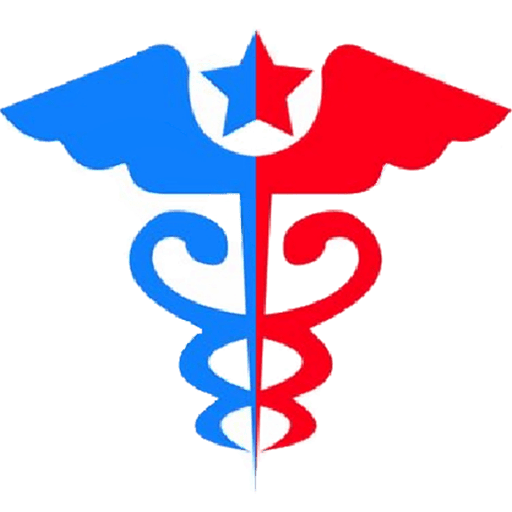
Healthcare Sector Coordinating Council Cybersecurity Working Group
About the HSCC
Eligibility Requirements for the HSCC Cybersecurity Working Group
Membership in the HSCC CWG is open to any organization that is:
- a covered entity or business associate under HIPAA;
- a health plan or payer;
- regulated by FDA as a medical device or pharmaceutical company;
- regulated by the HHS Office of the National Coordinator as a health IT company;
- a public health organization and/or
- a healthcare industry association or professional society.
Entities not meeting the above criteria, such as consulting, law or security firms, may participate as non-voting “Advisors” at the invitation of the chair. Advisor-members contribute pro bono and are capped at 15% of total CWG Voting membership.
How is the HSCC different from an industry association?
Call to Action
The guiding principle of the HSCC Cybersecurity Working Group and our Health Industry Cybersecurity Strategic Plan (HICSP) is that cybersecurity responsibility in the health sector is a shared responsibility. If we are to upgrade the diagnosis of healthcare cybersecurity from “critical” to “stable condition”, it will take the collective and collaborative efforts of all private sector and government stakeholders. This means investing in, demanding, implementing, and incentivizing the many cybersecurity practices in this wellness plan. It also means actively promoting and advocating the enablers of “Cyber Safety is Patient Safety” across the ecosystem in a sustained and proactive national campaign. Start now: sign the HICSP Statement of Support.
The following Task Groups constitute the
HSCC Cybersecurity Working Group’s 2024 work plan.
405(D) – Health Industry Cybersecurity Practices
Update and amplify the HICP (Health Industry Cybersecurity Practices 2023) with supporting collateral material and timely cyber events, marketing and partnerships. Version 2 to be published Spring 2023. See: https://405d.hhs.gov/.
Incident Response And Business Continuity
Develop a healthcare cyber incident response and business continuity plan aligned with existing physical incident response protocols.
Under-Resourced Provider Cybersecurity Advisory Group
A series of documented listening sessions with management of under-resourced providers to hear perspectives about cybersecurity, financial and operational challenges, and the providers’ needs for incentives and other assistance to meet cybersecurity obligations.
Medical Technology Vulnerability Communications
Provide guidance to differing stakeholders (MDMs, HDO’s, clinicians, patients) on preparing, receiving and acting on medical device vulnerabilities. First publication April 2022 on patient awareness. Second version on HDO preparedness in process.
Operational Manufacturing Technology Cybersecurity
Develop leading practices for cybersecurity management of operational/manufacturing technology. Initially focused on medical technology and pharmaceutical subsectors.
Public Health Cybersecurity
Identify strategies for strengthening the cybersecurity and resilience of SLTT public health agencies with the support of private sector and academic organizations.
Outreach And Awareness
Developing CWG brand and document formatting templates, and marketing strategy for publications and messaging.
Risk Assessment
Finalized NIST Cyber Framework Implementation guide; under review by HHS for co-branding. New initiatives may include developing guidance for aligning enterprise controls with NIST CSF implementation tiers and possibly using the CSF to identify, measure and manage cyber risk to patient safety and privacy.


